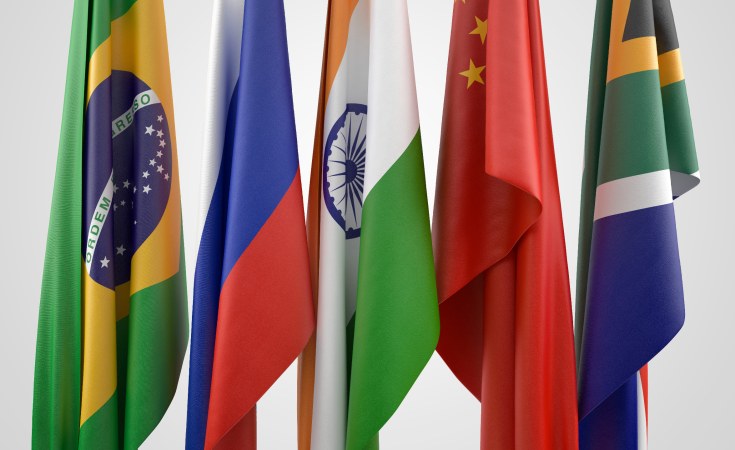BRICS could be the catalyst for a new global alliance to power solutions to the world's climate crisis.
As the world reels from climate disasters, with little progress on climate change multilateral negotiations, it's time for new alliances to accelerate responses and investments, reduce our climate risk and increase human security.
There are several potential candidates for membership in such a global 'Climate Club'. This includes current BRICS members (Brazil, Russia, India, China and South Africa), and countries interested in joining an expanded BRICS or positioning themselves closer to the bloc.
This week, an unprecedented 70 country delegations were invited to the BRICS Summit in Johannesburg. The meeting promised to be a gathering of substantive geopolitical significance with possible positive implications for climate change responses.
The current and potential new BRICS partners present a unique combination. Many are high carbon emitters who depend on fossil fuels to power their short-term development ambitions, while simultaneously being leading global investors in renewable energy.
The United Nations Environment Programme State of the Climate report pegs BRICS partners China, India and Russia, together with the United States (US), as the top four carbon emitters. Statista puts BRICS partners China, India and Brazil in the top five investors in renewable energy in 2015. And South Africa's five-year Just Energy Transition...


